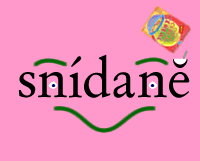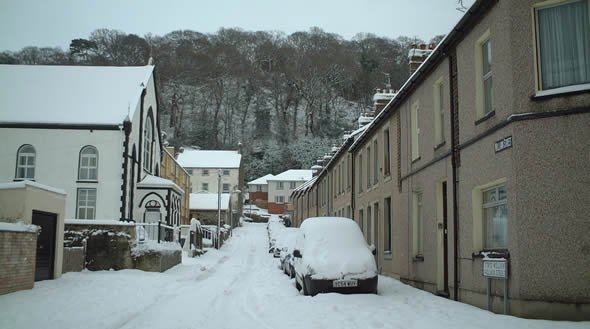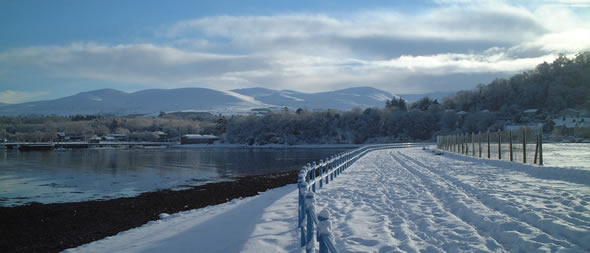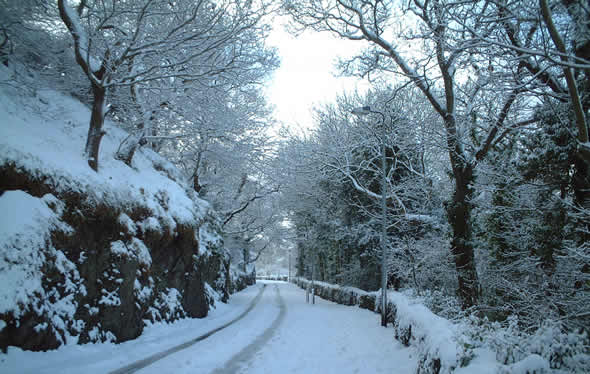The other day while listening to a news report on Radio Cymru about the situation in Libya, the word gwrthryfelwyr caught my attention. It means rebels and is made up of the elements gwrth (against, counter), ryfel, from rhyfel (war), and wyr, from gwŷr (men). I’d heard the word before and knew what it meant, but hadn’t really thought about the individual parts in this way, and this lead me to thinking that the meaning and etymology of Welsh words is often easier to work out than that of English words as many of them are made up of native roots with meanings I know or can guess.
I also thought about the etymology of the rebels and realised that it actually has a similar structure to gwrthryfelwyr, though from Latin roots. I knew that the bel part had something to do with war and appears in such Latin phrases as antebellum (before the war) and postbellum (after the war), and guessed that in this context the re- prefix might mean against. I checked this and found that rebel comes from the Old French rebelle, from the Latin rebellis (insurgent, rebellious). from rebellare (to rebel, wage war against) from re- (opposite, against or again) and bellare (wage war), from bellum (war).
The Welsh prefix gwrth- appears in many Welsh words, including:
– gwrthblaid – opposition (party) [“against/counter party”]
– gwrthbrofi – to disprove, refute [“counter prove/test”]
– gwrthdyb – paradox [“counter opinion/surmise/conjecture/notion”]
– gwrthdystio – to protest [“testify against”]
– gwrthgorffyn – antibody [“counter little body”]
– gwrthneidio – to rebound [“counter jump”]




